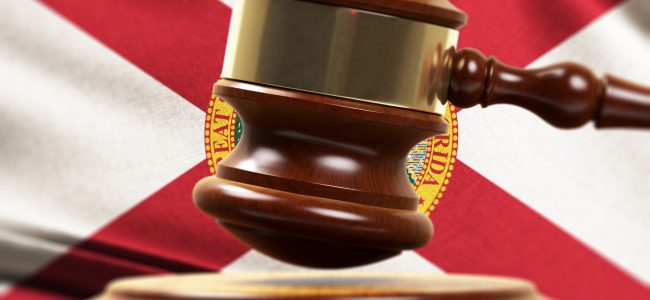BlogLine
Florida Appeals Court reinforces key limits on claims handling evidence in insurance disputes
7/29/25

Florida’s Fourth District Court of Appeals issued an important ruling in Universal Property & Casualty Insurance Co. v. West Naze. The ruling upheld the difference between a claim for breach of the insurance contract (the policy) and a claim for breach of the implied covenant of good faith and fair dealing. It is an important landmark in learning to navigate the more complex post-tort reform legal landscape.
This case centered on an insurance company’s handling of a claim for water damage. Although the insured sued the insurer only for breach of contract and did not include extracontractual claims, the trial court allowed the insured to present evidence of the insurer’s alleged delays in processing the claim, including multiple document requests from and slow responses by the insurer. On appeal, the appellate court reversed the trial court’s evidentiary rulings allowing testimony and other evidence pertaining to the insurer’s alleged communication delays, and held that such evidence is not admissible unless a cause of action for poor claims handling is alleged in the complaint.
Florida Statute 624.155 highlights the civil remedies and process for statutory claims against an insurer regarding claims handling. The process which requires an insured to provide notice and time to cure a deficiency prior to litigation, is distinct from the litigation process for a contract breach claim, to intentionally allow actions for claims handling to be resolved outside of the courtroom.
The holding in Universal v. West Naze applies the clear statutory standard and barred the insured from circumventing Florida’s statutory procedure for actions regarding claims handling by offering extra contractual evidence of the claims process in contract actions. The holding follows the straightforward and predictable litigation process mandated by the statute, allowing parties to understand the specific contested claims and minimize the risk of prejudice based on immaterial or inflammatory testimony and other evidence in contract breach claims. Insurers are only required to defend the claims brought in the lawsuit. In addition, this holding prevents jury misunderstanding of relevant facts. A purpose of Florida tort reforms (HB 837) is to suppress abusive litigation practice and streamline the claims resolution process, and here, the appellate court applied the statute in providing required due process for both parties.
For more information, please contact Ashley Ann Tedford at ashley.tedford@fmglaw.com or your local FMG attorney.
Information conveyed herein should not be construed as legal advice or represent any specific or binding policy or procedure of any organization. Information provided is for educational purposes only. These materials are written in a general format and not intended to be advice applicable to any specific circumstance. Legal opinions may vary when based on subtle factual distinctions. All rights reserved. No part of this presentation may be reproduced, published or posted without the written permission of Freeman Mathis & Gary, LLP.
Share
Save Print
